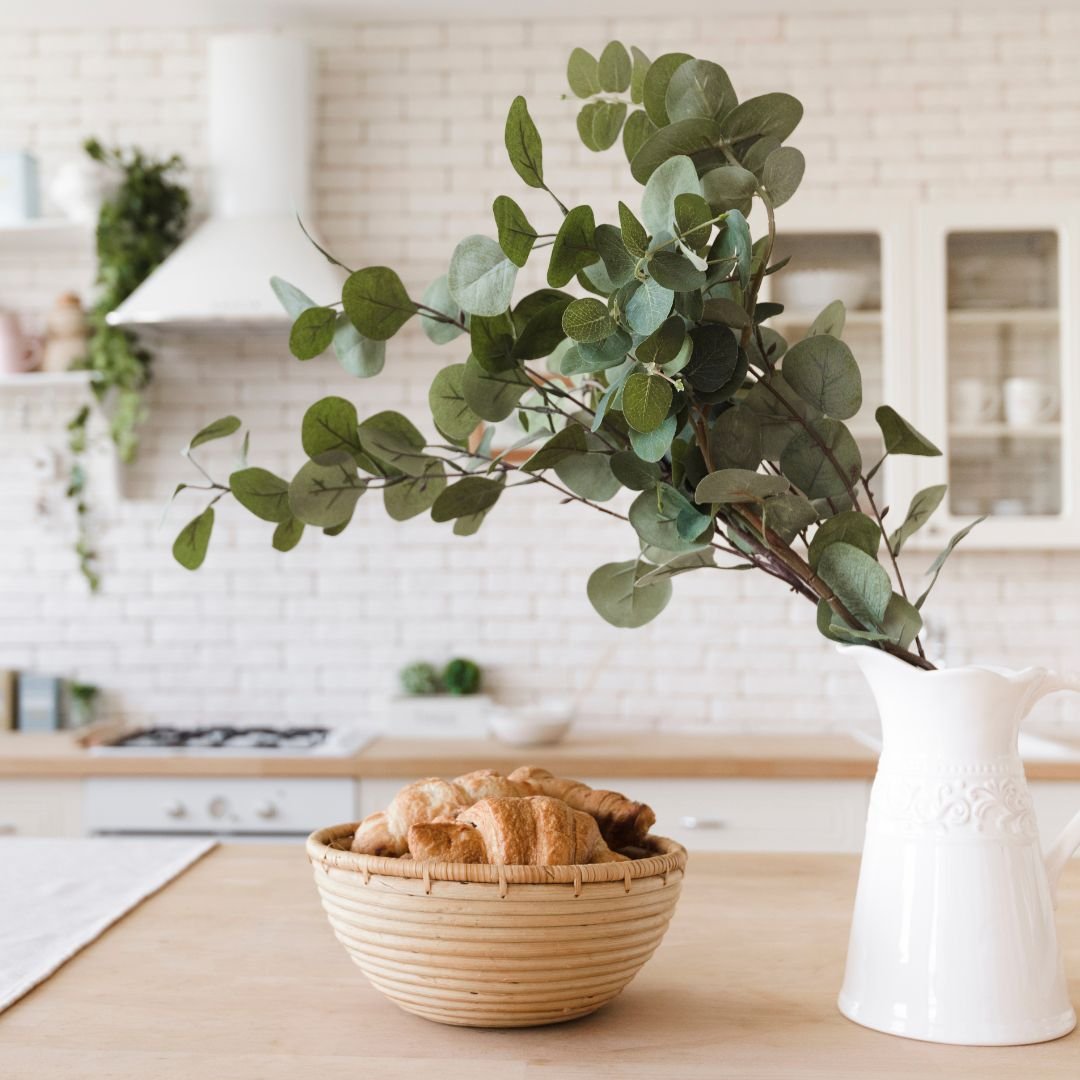How do I make sure to retain heirlooms from my family that we received when married?
Please note that these answers are not legal advice. If you’re in need of legal advice or a lawyer please visit our Expert Guide
Keeping family heirlooms during a divorce can be challenging, but it’s absolutely possible if you understand your rights and take the right steps. Here’s how to protect those sentimental and valuable items:
Understand the Difference: Marital vs. Separate Property
Marital Property: Anything acquired during the marriage that is considered shared.
Separate Property: Assets brought into the marriage or received as gifts or inheritance, which generally remain with the original owner.
Heirlooms are usually considered separate property if:
They were gifted to you specifically by your family (not to you and your spouse jointly).
They were inherited solely by you, not both of you together.
They were kept separate from marital property (not commingled with joint assets or accounts).
Keep Documentation and Proof of Ownership
Receipts or Appraisals: If you have original receipts, appraisals, or insurance records that show the heirloom is from your family, gather those.
Gift Deeds or Letters: If your family specifically gifted the heirloom to you (like a wedding gift from your parents to you alone), a letter or note that confirms this helps.
Photos and Descriptions: Take clear photos and write descriptions of each heirloom.
Avoid Commingling if Possible
If you want to protect it as separate property, avoid using marital funds for its maintenance or repair.
Example: If you use joint funds to restore a family watch or antique, it may be seen as part of marital property.
Mention Heirlooms in the Divorce Agreement
When negotiating the property settlement, make sure to clearly list your family heirlooms as separate property that remains with you.
This should be explicitly stated in the divorce agreement to avoid confusion later.
Use a Prenuptial or Postnuptial Agreement (If Applicable)
If you have a prenuptial agreement that specifies that family heirlooms are separate property, it will be upheld in court.
A postnuptial agreement can also be used if you’re already married but want to clarify ownership.
Mediation for Disputed Heirlooms
If your ex-spouse disputes ownership, you may be able to resolve it in mediation.
Bring documentation and proof of ownership to support your case.
If it’s truly sentimental to both parties, sometimes mediation allows for alternating possession if it’s not permanently awarded.
Worst-Case Scenario: Court Involvement
If mediation fails, a judge will decide ownership based on:
Proof of ownership
Gift status (was it given to both of you or just you?)
How it was treated during the marriage
Courts tend to honor gifts and inheritances as separate property unless there’s evidence of commingling.
Example Scenario:
Your grandmother gave you her diamond necklace as a wedding gift specifically for you. You kept it separate from marital finances and have a letter from her confirming it was meant for you alone. This documentation would protect it as separate property during your divorce.
Get more info with The Divorce Guide →
Looking for more guidance and/or got more questions? Find the support you need with out Expert Guide!



